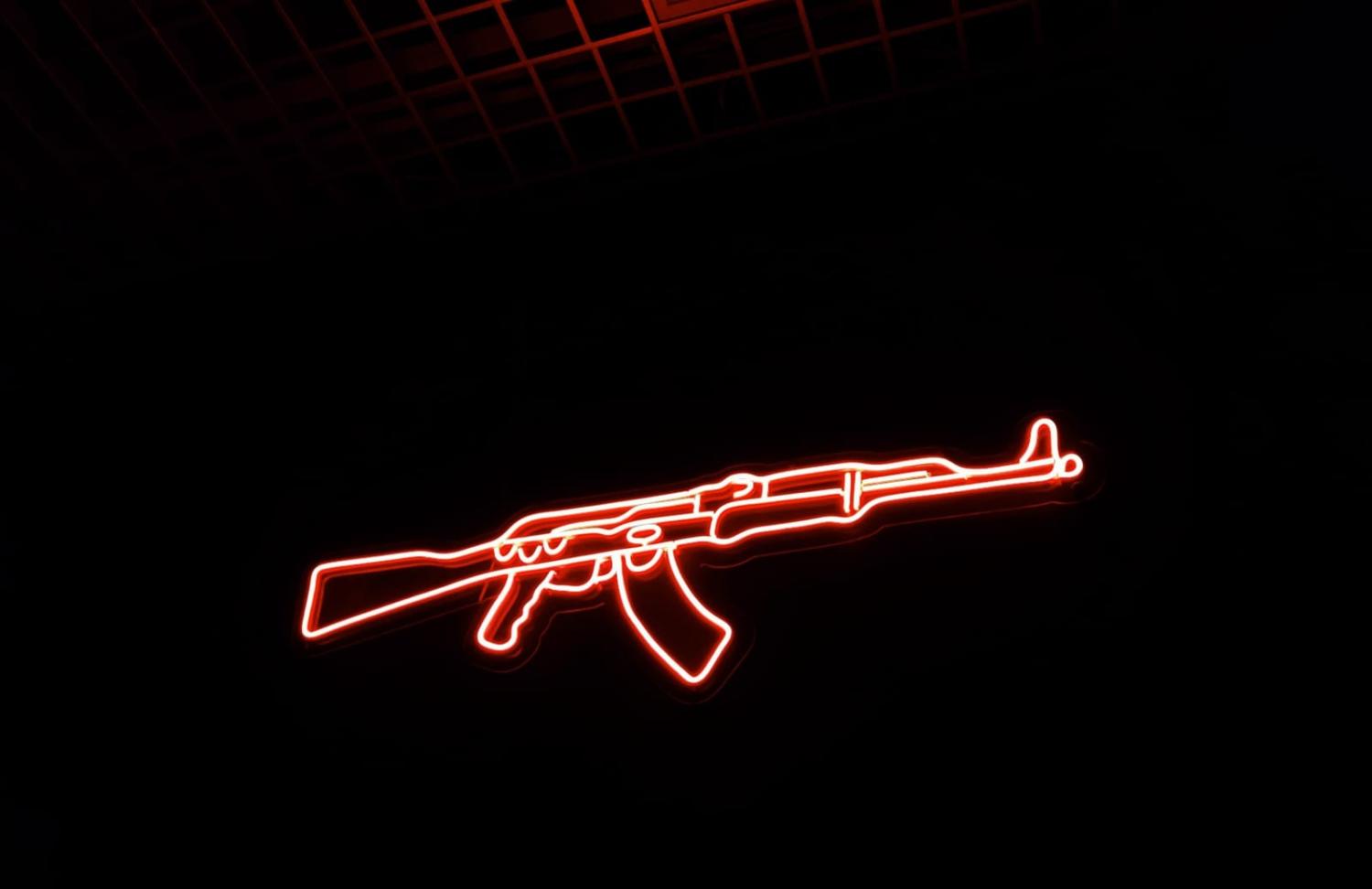Concerns are growing about spillover attacks further into the region.

Ever since the Taliban takeover of Afghanistan, Islamic State affiliates have increased attacks in the country in a bid to delegitimise the new rulers. The attacks by the Islamic State-Khorasan Province (variously labelled ISK, ISKP, or ISIS-K) underscore the fragile security situation within Afghanistan and the risks for proliferation into the region.
The Taliban has provided repeated assurance that it will honour the 2020 Doha Agreement, which includes commitments to prevent the use of Afghan territory by any “international terrorist groups or individuals” including ISK for activities against the United States, its allies or any other nations. Similar pledges have been extended to neighbouring countries through individual bilateral meetings and agreements. The Taliban has consistently downplayed the threat of ISK in the country despite contrary evidence.
ISK has targeted religious minority groups in Afghanistan across the past two years, particularly Hazaras, and has adopted extreme tactics such as suicide bombings to maximise the impact of attacks. According to assessments by rights agencies, since the Taliban assumed control of Afghanistan in 2021, ISK has claimed responsibility for more than a dozen attacks, resulting in the deaths and injuries of at least 700 people. Last year, ISK claimed responsibility for bombings in Kabul that resulted in the deaths and injuries of more than 120 people. ISK claimed the killings of Taliban officials, including the governor of Balkh province and the acting governor of Badakhshan province. ISK also claimed responsibility in June for a suicide attack on a memorial service in the northeast city of Faizabad.
A recent United Nations Secretary-General report into the continued danger posed by Islamic State highlighted the lingering concern regarding the proliferation of weapons in South Asia, the Middle East and Africa. Of particular concern was the accessibility of small arms and light weapons to Islamic State and its regional partners, along with the increasing use of airborne drones and improvised explosive devices. The report also noted regional apprehension about the abundant weapons and military equipment within Afghanistan and their potential spillover into neighbouring countries. Should ISK attract disenfranchised and marginalised fighters, this could not only increase pressure on the Taliban but also create fresh opportunities for ISK to acquire military equipment.
Iran’s Foreign Minister Hossein Amir-Abdollahian recently asserted that Islamic State militants from Syria, Libya and Iraq had relocated to Afghanistan, heightening regional concerns. The Taliban was quick to refute the allegation and reaffirmed a commitment to combatting terrorist organisations.
But it is Pakistan where the locus of concern has centred. Islamabad has accused the Taliban of making a half-hearted response to militancy, with Islamic State claiming responsibility for a recent attack in Khyber Pakhtunkhwa province. Continued ISK attacks in Pakistan would further compound fragility there, especially considering recent reports showing a 79 per cent increase in armed group attacks this year.
The organisational structure of ISK remains poorly understood – the secrecy in which the group functions further complicating efforts to disrupt attacks. ISK is believed to have local elements encompassing primarily Pashtun fighters from Afghanistan and Pakistan as well as members from loosely connected foreign militant groups. While Pashtun militants have represented the group publicly, foreign fighters remain hidden in the valleys, thought to be protected by the locals and allowing ISK to be adaptable and resilient. Since emerging five years ago, ISK has survived battles with the United States, the former Afghan republic government and now the Taliban.
The Taliban’s primary aim is to eliminate any domestic challengers to its rule in Afghanistan. Taliban fighters have conducted several raids in recent months on suspected ISK hideouts in the country. Amid growing tensions, ISK, for its part, threatens attacks on international aid workers in an attempt to deter cooperation between Western aid groups and the Taliban.
